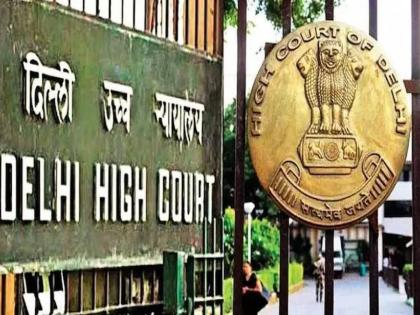Delhi High Court Rejects Death Row Convict's RTI Plea for Details on Probe Officers in 7/11 Mumbai Blasts
By Lokmat English Desk | Published: March 5, 2024 01:27 PM2024-03-05T13:27:30+5:302024-03-05T13:28:20+5:30
A set of petitions filed by a death row convict in the 7/11 Mumbai train bombings case, requesting specific ...

Delhi High Court Rejects Death Row Convict's RTI Plea for Details on Probe Officers in 7/11 Mumbai Blasts
A set of petitions filed by a death row convict in the 7/11 Mumbai train bombings case, requesting specific information under the RTI Act, including details concerning the investigating officers and individuals responsible for authorizing his arrest and prosecution, has been dismissed by the Delhi High Court.
Ehtesham Qutubuddin Siddiquie, the petitioner, received a death sentence from a special court under the Maharashtra Control of Organised Crimes Act (MCOCA) in October 2015 for his role in the 7/11 Mumbai train bombings. Currently, he is incarcerated at Nagpur Central Prison.
In a February 28 order, a single judge bench of Justice Subramonium Prasad observed that admittedly the information sought by the petitioner is personal in nature. The information sought by the Petitioner is against the officers who were involved in the investigation and who were also involved in granting sanction to the prosecution relating to the arrest and conviction of the Petitioner. The information is of such a nature, if given to the Petitioner, may expose these officers to grave danger, said the bench.
Section 8 of the Right to Information Act outlines exemptions to disclosure of information under the Act. Specifically, Section 8(3) stipulates that, except as provided in other provisions of Section 8, information pertaining to events or matters that occurred twenty years prior to the date of the request must be provided to the RTI applicant.
The High Court held that the incident leading to the petitioner's death penalty occurred in 2006. As less than 20 years have passed since the incident, the benefit of Section 8(3) of the RTI Act does not apply to the petitioner in this case. Even if it were assumed that 20 years had passed, the right to privacy of the officers involved, who could face serious risks, cannot be compromised in favor of the accused, especially when the accused has been convicted and sentenced to death.